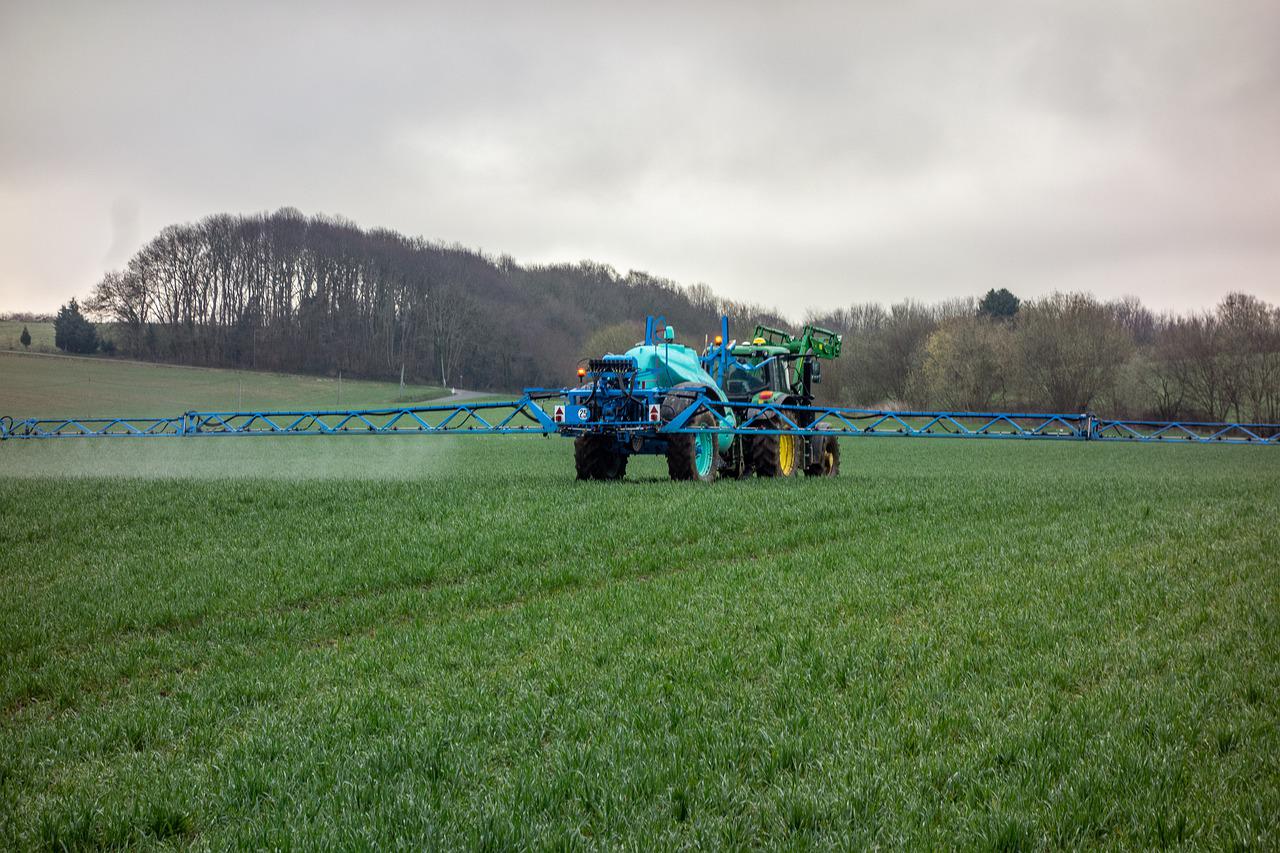When Should I Use Nitrogen Fertilisers?
Do you think that your soil might not contain enough nitrogen for your plants? This is something that is common and nitrogen deficiency can happen for a number of different reasons. For example, if you have sandy soil, this might not contain a lot of nitrogen. In addition, if you live somewhere with a lot of heavy rain, this can mean that you have to supplement the nutrient for your plants. Let’s take an in-depth look at when you should use a nitrogen fertiliser.
Yellow-Green Leaves
One of the first signs that you should use a nitrogen fertiliser is if you notice yellow-green leaves. This is often the first thing that people notice about their plants because it becomes obvious that they should not be this colour. But, this is not a sign that you simply have to prune the plants and get rid of those leaves. It is a symptom of nitrogen deficiency and you want to act quickly so that this does not get worse.
Thankfully, there are a lot of nitrogen fertilisers on the market that is going to help you get your plants back to good health. For all of the best brands when it comes to horticulture, check out https://www.dejex.co.uk/nitrogen-fertilisers.html. Dejex offers a variety of products that offers something for every type of grower, whether it is just a hobby or you are doing it professionally.
Stunted Growth
Are your plants not growing as you expected them to? This can be a sign that they need nitrogen fertiliser. The stunted growth will become apparent during their active growing seasons. If you see no change, this can mean that the plants cannot regenerate cells. Indeed, this happens because they are not getting the nutrients they need to thrive. Nitrogen is a particularly important one that you may have to supplement to assist with the growth process. Do not hesitate to use fertiliser on your plants if you feel that they are not growing as they should be.
Droopy and Discoloured Stems
It is not just the leaves that can show signs your plant needs more nutrients. It can also become apparent in the stems of plants. In particular, you may see them drooping and not as upright as they should be. Indeed, they are not as healthy because of this lack of nitrogen in the soil. In addition, the colours of the stems can change. For some plants, the stems can go red or purple. Watch out for these signs so that you can correct this problem as soon as possible.
Poor Quality Blooms
If your plants bloom during certain times of the year, you may notice there is a problem with their quality. In particular, the blooms might not be as bright or colourful, as well as look weak and even breaking off. If you want to change this situation, you need to supplement the soil with the appropriate nutrients. Again, fertiliser should be applied during the active growth stages of plants and this can reverse the problem you are experiencing with the blooms.
Why Are My Plants Suffering from Nitrogen Deficiency?
So, your plants are exhibiting some of the signs we have talked about and you are willing to purchase a suitable fertiliser. But, do you want to get to the bottom of why they are suffering from this nitrogen deficiency? Well, there can be a number of reasons for this and most of them come down to the soil.
For example, your soil might not contain enough nitrogen to support all of the plants you have. This can be down to the type of soil you have. For example, sandy soils are known not to have a lot of nitrogen present. There might also be too much calcium or chloride present and this can even come from the water you are using. Even if you have added organic matter, it might not be breaking down well enough to feed the soil.
If you have been using the same soil for years without adding a fertiliser, this is going to start to show on your plants. Worked land is going to look its nutrients over time and you will have to replace them. In addition, the same is going to go for plants that are grown in pots. Not changing this soil can be damaging to them. If there is no longer any nitrogen, this is going to mean that your plants become deficient over time and their growth and health will be affected.

